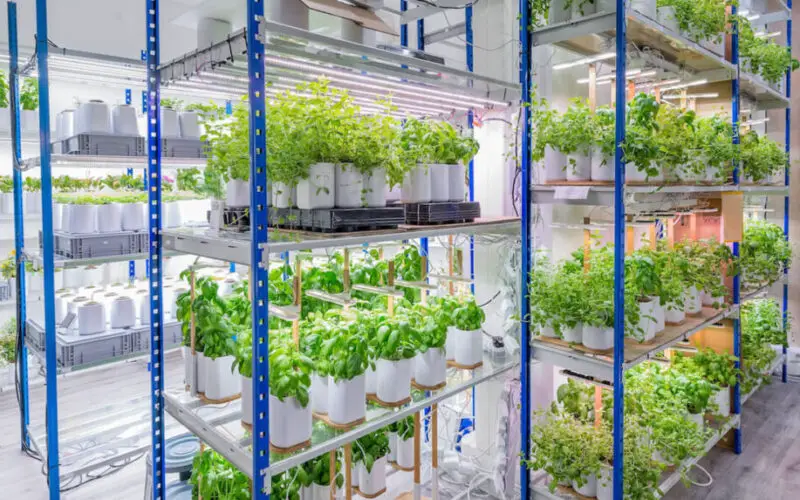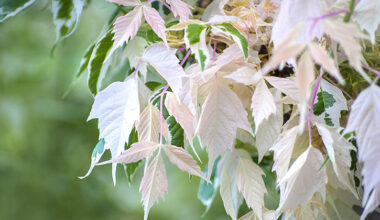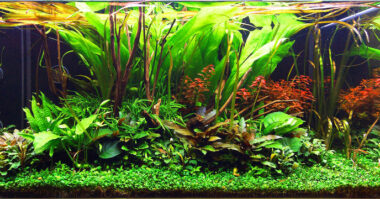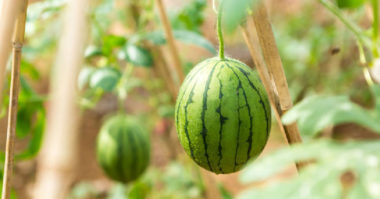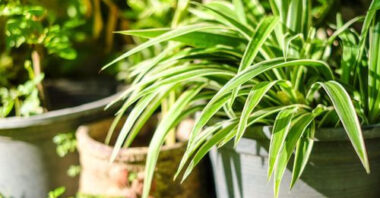In order for an electrical circuit to work, the current must be able to flow properly to our various electrical equipment. Concerning plants, can they conduct electricity? We will see that it is not so simple…
Electrical conductors can be either solid or liquid. On the side of solid materials, the best known and most used are :
- copper
- the money
- gold
- aluminum
- zinc
- pewter
- iron
- Nickel
- platinum
- lead
- graphite
We can therefore see that, in general, metals are very good electrical conductors. Conversely, other solid materials (wood, paper, fabric, plastic, glass, etc.) are not, with a few exceptions. On the liquid side, the material in question must contain ions in order to conduct electricity. This is particularly the case for :
- salt water
- tap water, spring water and mineral water, as soon as they contain some impurities that are in ionic form
Plants, in their natural state, cannot therefore conduct electricity, however, research has been done, which brings us surprising results, we explain everything in this article.
Contents
What exactly is an electrical conductor?
The definition of an electrical conductor is simple to understand and remember: it is a material through which electrical current can flow. In other words, an electrical conductor is the opposite of an electrical insulator, which in turn is a material or body that prevents the flow of electrical current.
The two usually complement each other, with an insulator that often surrounds an electrical conductor to form an electrical wire. This allows electricity to pass through without endangering anyone or anything in the event of an electrical leak.
As you will have understood, the presence of an electrical conductor within the electrical installation of your home is simply essential to allow you to effectively take advantage of your household appliances. In addition to allowing the passage of electricity, this type of material is also generally an excellent thermal conductor.
To find out if a material is electrically conductive, a conductivity test must be performed. This is based on the use of an electrical circuit, in which the material to be tested is simply inserted to see if electricity flows through the circuit and can power an appliance or not.
Plants that conduct electricity?
In November 2015, it was learned that Swedish researchers had succeeded in circulating electricity through a plant. To achieve this spectacular result, they injected a conductive gel. This invention could make it possible to better manage plant growth, but also to produce electricity through photosynthesis.
Why can plants, animals and humans conduct electricity?
Plants are essentially made up of water, their water content varying from 80 to 95% of their total weight. They draw this water and the nutrients they need from the soil through their roots, into which the water penetrates by a hydrostatic mechanism.
It is the same for human beings and animals, we are made of 80% water. In addition, sweat contains high proportions of mineral salts and water, a liquid that impregnates the skin and thus improves its conductivity.
Water generally contains sediments and minerals that ionize the water molecules and thus allow the current to be conducted. Simply put, water conducts electricity very well. Plants and humans are mostly composed of water, so they conduct current very well!
Cleaner electricity
In the field of ecology, research continues to progress and make extraordinary discoveries. It must be said that the state of our planet is not at its best because of human activity which continues to pollute it. It is therefore becoming relatively urgent to find cleaner solutions. The production of electricity is one of the main points of this research.
In itself, electricity is a clean energy when compared to coal, oil or nuclear power. The problem lies in the means to produce this electricity, which are not always very clean.
While alternatives have been found with solar panels, wind turbines or hydroelectricity solutions, they are still in the minority and not sufficiently profitable or efficient. Nevertheless, progress is being made and renewable and clean energies are becoming more and more important in the production of electricity.
Bionic plants
Swedish researchers have succeeded in creating a bionic rose. It took them years of research. This rose has the ability to conduct electricity by integrating a real electrical circuit. The latter was implanted at the beginning of the growth of the plant. To do so, the researchers designed a polymer called PEDOT-S.
This polymer has the particularity of being soluble in water. It was therefore able to integrate the plant thanks to the water used to water the rose.
Thanks to this conductive gel, a circuit, which is itself conductive, developed through the xylem, the veins and the leaves. This circuit is about 4 inches long.
The rose, which from the outside appears to be completely conductive, can actually conduct electricity. It is the first bionic plant in the world. The conductivity obtained by this bionic rose is 0.1 siemens per centimeter.
.
Usefulness
Now that we have seen how this bionic plant was conceived, it is interesting to understand what it could be used for. Researchers are suggesting two major uses for this discovery.
For example, this system could allow us to learn more about the growth of plants, about the molecules present in these plants. Thanks to this electrical circuit, it would therefore be possible to analyze the plants in greater depth. The long-term objective is to be able to control their growth by regulating the concentration of the substances responsible for this growth.
The other great utility is to be able to capture the energy released by the plant during its growth, and more precisely during the process of photosynthesis.
In other words, these bionic plants could become a new source for producing 100% green and renewable electricity. Indeed, researchers have succeeded in transforming chemical signals into electricity.
For the moment this project is still in its early stages, but in the long term we could imagine real bionic plant cultures producing electricity.
Summary
To date, no natural plant that conduct electricity, the best conductors are metals (bronze, silver …).
Even if some experiments prove the contrary, it is impossible for a plant to transport electricity in its natural state, the plant in question must contain a lot of ions to achieve such a feat.
